Playing the piano soothes our senses and inspires love, happiness, and joy. These are the main reasons people get interested in a piano and start taking physical or app-based piano lessons right away.
But to be honest, most of them leave it after only a few sessions, scared by the idea of hours of devoted practice and making mistakes. If you are willing to know how to learn piano, you need to keep your negative thoughts behind.
The journey should never be scary, confusing, and tough. Believe me; anyone can learn piano from the comfort of their home in just a few months.
However, you need to know the best way to learn how to play the piano before getting started. Here, let me guide you through the easy steps on how to begin playing the piano.
What Kind of Music Do You Want to Play?
Your music taste tells a lot about the genre and style of playing you pick up on a piano. It can be classical, R&B, Jazz, Blues, or contemporary classical music played by great pianist Philip Glass.
However, learning to play the classical style is the most difficult of all. It requires complex musical sense and independence of hands. If you dream big with your piano skills, learning to play classical music can get you a long way.
Likewise, Blues and Boogie use the '12 bar blues', which is a fixed pattern of chords. Evidently, it is easy and futo learn. On the other hand, Jazz can go from very easy to difficult, depending on your playing type.

However, a jazz chord is easier to play than a classical chord. Smoke on the Water Chords: E, G, A, F, C, G#, and D. Before jumping in, I would suggest you assess your goals and your taste of music and choose the genre in accordance with it.



The Best Ways to Learn How to Play the Piano
Before enrolling in a piano course, it’s wise to keep a few simple tips and tricks in mind. These small steps can make your learning journey smoother, more enjoyable, and help you progress much faster.
1. Learn the Fundamentals of Piano
If you are new to the piano, the first thing you need to know is your instrument. You might get a shiver down your spine seeing the long keyboard in front of you with the white keys and black keys.
But don't worry, it will seem a lot easier when you get familiar with your keyboard. A complete piano keyboard consists of 88 keys. Relax, you will only need to learn 12 notes, and you are good to go.
Altogether these keys span around seven octaves and a minor third. While every pitch will sound different, the notes repeat in a series ranging from A-G.

An octave is a distance between notes and their repetition on the keyboard. This may sound overwhelming right now, but it will get easier after a few tutorial sessions.
2. Make Your Posture Right
After that, you need to know how to sit in front of a piano and how to strum the keys. This might seem unnecessary to you, but believe me, it is one of the basic things you should know before getting started. The right posture enables you to have maximum flexibility to reach all the keys and the pedals.
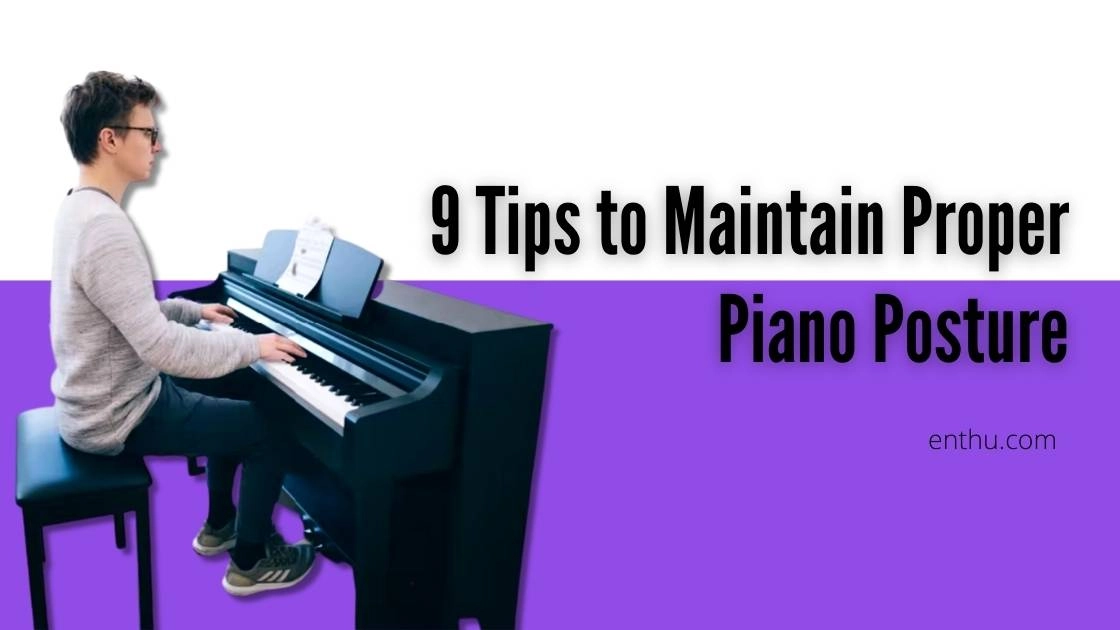
Also, it gives you the right techniques for pressing the keys. Don’t assume that you have to be in a rigid position to play the piano. Instead, you have to feel comfortable and at ease.
Always remember that a good piano player not only uses their hands, but they also move their body and swivel their hips to make it work for them. A good posture is key to your success.
3. Learn the Notes
It may seem confusing and difficult at first, but once you start, you will automatically grasp the basics of it. Remember the time when you had a headache seeing the alphabet for the first time? It turned out just fine, right?
Notes are just like the ABCs of music. I assure you that you will learn to sight-read the sheet music with constant practice. Learn five right-hand and five left-hand notes in the beginning.

It will give you ample opportunity to get accustomed to the keyboard. Plus, regular practice of these ten notes will be beneficial for ear training and to make your hands swift. Learning to play the piano also involves learning the note values. You will learn about music dynamics, tempo, and the articulation of a song gradually.
These practices will make you understand each chord better. All these things are called music theory altogether. I would suggest you learn the theories while learning to play the piano for better understanding.
4. Learn the Timin
Music is a craft sculpted in time. If you want to learn how to begin learning piano, you need to understand timing. Each note in your piano indicates how much time and count it should get. Usually, there are three kinds of notes according to the time in a musical sheet.
3 Kind of Notes
Whole Note: Four beats
Half Note: Two beats
Quarter Note: One beat
You can practice another instrument like guitar and listen to music regularly to develop your listening skills and the idea of timing and rhythm.

5. Learn How to Build Chords
Playing chords can not only make your hands swift on the keyboard, but it will also make your boring initial sessions interesting. I would suggest you spend adequate time learning and practicing the chords.
For your information, a chord is a set of three notes. And most of the songs are built with these chords. Smoke on the Water Chords: E, G, A, F, C, G#, and D. If you learn the chords and practice them frequently, you can literally play any of your favorite songs.
Also, you will develop a good ear for music. It will help you compose your own tune later on. There is a saying that you should learn to read music. If you develop a good ear for music and musical notes, you will be able to play pretty much every song you know with a little practice.
6. Practice Slowly
You may have seen your favorite pianist playing the piano fast and with ease. These kinds of precision only come after years of dedicated practice. So, don't feel intimidated when you stumble on the keyboard on an acoustic piano; it happens with every beginner.
I would suggest you take tutorial classes at the beginning stage. If you are playing the piano for the first time, you should use your non-dominant hand more often, for example, your left hand if you are right-handed.
If you wish to learn to play the piano, you should start slowly. That means press each key slowly and mindfully; that way, it will get stuck in your brain. Once you learn to play a note or a song slowly, gradually increase your speed a little bit at a time on your keyboard.
7. Do More Hand Practices
Hand practices can make your hand swift on the keyboard. Hand practice is probably the best way to learn how to play the piano and make each notation perfect.
Hand practices have lots of benefits for a beginner. It makes your hand positioning swift, makes you aware of the chords and notes with repeated practices, and also develops auditory skills.
Also, it will help you reach middle C easily. It also enhances hand-eye coordination that will help you in the long run.
Check out EnthuZiastic piano classes for a personalized piano learning experience.
8. Learn to Use Both of Your Hands
Usually, all the beginners use their dominant hand more while learning to play the piano. It may seem convenient at first, but this habit can cause a problem if you try to play something complex. While playing the piano, you should learn to use both of your hands.
The better each of your hands coordinate with each other, the quicker you'll learn to play difficult tunes. A good habit to start is to play through each hand's piece separately until you get it right.

9. Evaluate and Practice
Lastly, there is no alternative to practice to become a great pianist. Do you want to know your favorite pianist's secret? It might sound boring, but the key to becoming a great musician is practice, practice, and some more practice.
Revise each step you learn every day and take out time to practice it. Play it simultaneously until you get every notation right. Evaluate your performance and practice the tunes until you get everything right. Have patience in yourself and believe that you can do it.
Check out EnthuZiastic piano classes for a personalized piano learning experience.
How to Choose the Right Instrument?
Playing the piano without a keyboard seems as ridiculous as driving without a car. So, now that you have decided to learn the piano, the first step is to buy one.
You can choose from an acoustic piano (grand and upright) and digital piano or keyboard. So which one should you buy for your initial piano learning journey?
1. Acoustic Pianos
Acoustic pianos are the automatic choice for most learners. No matter which piano you buy, acoustic pianos are extremely costly - be it an upright, grand, or spinet piano.
These pianos give you fuller control of sound and action, also allowing you to control the sound effect with pedals. The weighted keys of an acoustic piano give off the best sound.
If you press down on any key, your finger will sense a vibration as the mechanical action of the hammer striking the metal strings take place.
2. Digital Pianos
Even though acoustic pianos give you the real feel of playing a mechanical piano, digital pianos are still an economical option for beginners. First of all, digital pianos cost way less than an acoustic pianos.
So, it is a good investment if you are just starting off or playing the piano for your own happiness. On the other hand, digital pianos are small and portable, whereas an acoustic piano can easily cause space problems in your house
Digital pianos offer numerous sound effects and a wide range of musical compositions and recording settings. Keyboards don't need tuning, which can be an expensive affair with an acoustic piano.
3. Which one to buy?
I would have chosen an acoustic guitar if you had asked for my suggestions even ten years back. Nowadays, the scenario has changed completely.
Digital pianos offer weighted keys, better sound, and other creative freedom like an acoustic pianos. Naturally, no one other than professional musicians buys acoustic pianos on their own.
As you are just starting off, I would suggest you buy a digital piano and start learning about it. Well, once you get better and start playing for the Royal Albert Hall crowd, feel free to buy any piano you want.
The 80/20 Rule
The 80/20 rule says that the 80 percent result comes from only 20 percent effort. Your 20% effort will generate an 80% result if you put it another way.
Gone are the days when you sit for practice for hours; now, you have to practice smart. If you look closely, many of the chord progressions consist of similar chords. For example, both Eb Major and C major use 1-4-5 chord progressions.
It means you can play a wide range of music with just a few chords. Practice mindfully and try to find out the patterns to learn smart and fast.
Conclusion
Believe me, deciding to learn to play the piano is the best decision you have ever made in your life. It will not only make you walk a step closer to your dream but there are various other benefits of playing the piano.
Anybody can learn how to play the piano if they follow these nine steps in their initial days. You can also take up excellent piano tutorials on the internet from the comfort of your home. Believe in yourself and consult a professional piano teacher to guide you through the learning process.
Devote yourself to music and play the soulful melodies from your heart.
FAQs
1. Can I self teach myself piano?
While there is no one-size-fits all answer to this question, many people find that they can successfully self teach themselves piano if they are willing to put in the effort and practice.
The most important thing is to be patient and consistent – it may take a few months or longer for you to develop mastery of the Piano. Learn chords, melody, scales, arpeggios, keys signatures, transposition skills etc., while also learning proper posture and hand position.
2. Is piano difficult to learn?
While piano may be difficult to learn for some, it is a great way to develop your musical skills and connect with others who share your interest.
There are many online resources that can help you get started, including YouTube videos, teacher forums, and dedicated websites. Once you have learned the basics of playing the keyboard, it's important to practice regularly. And lastly, keep up with current music trends by listening to different types of music every day!
3. What is the right age to learn piano?
As there is no particular age to start learning piano, music experts recommend a minimum age of 4 for basic piano lessons. At this age, children grow enough understanding to follow classes and memorize the lessons.
There is no upper limit for starting piano lessons, if you are in love with the instrument, you can start learning whenever you want.


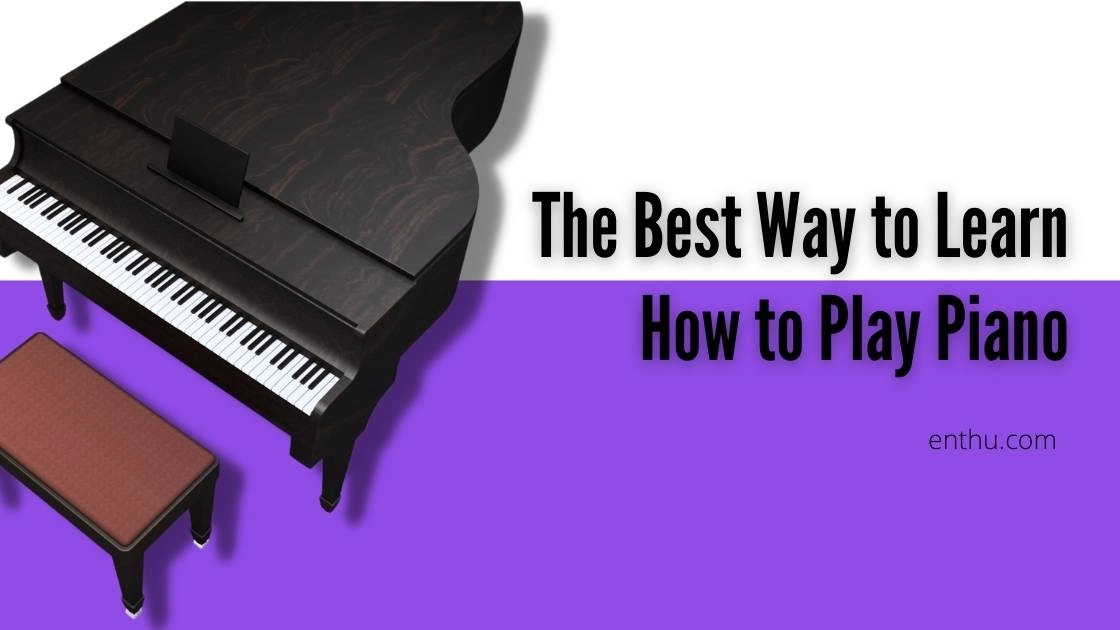
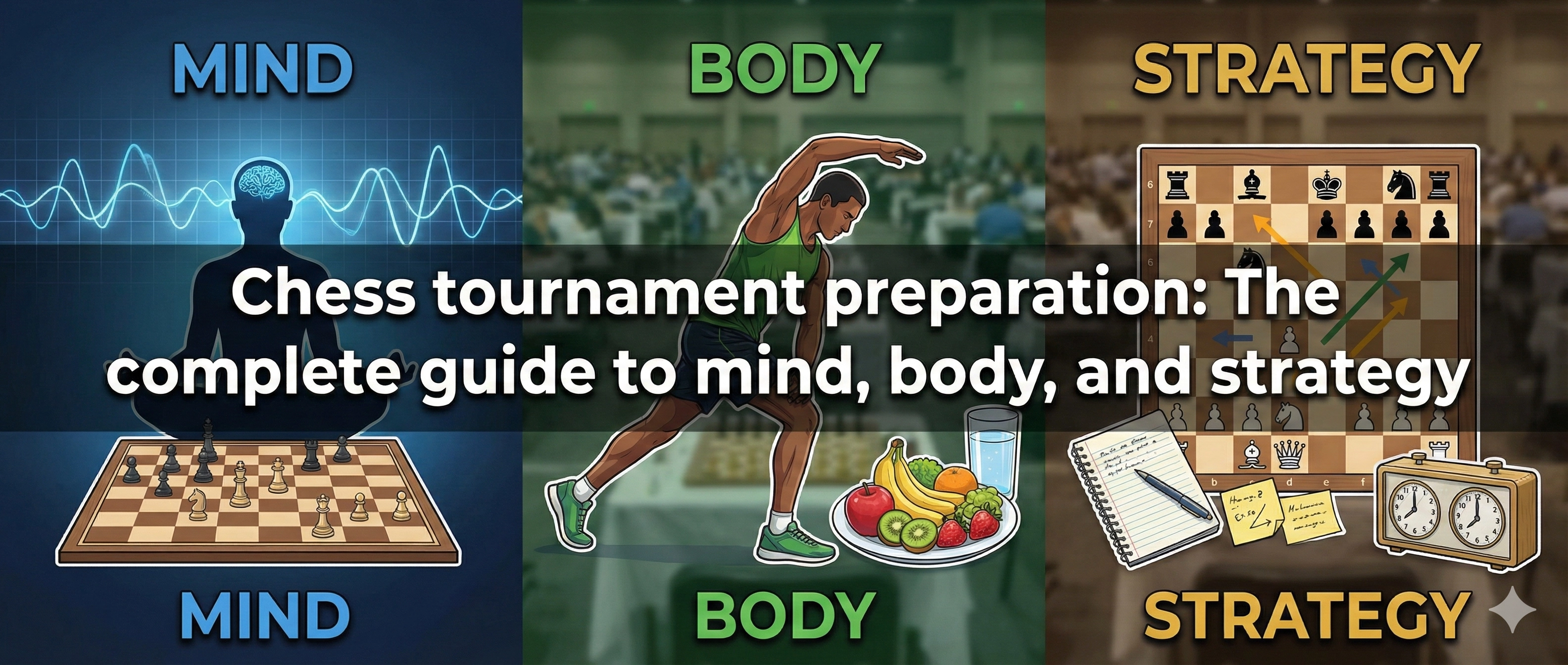
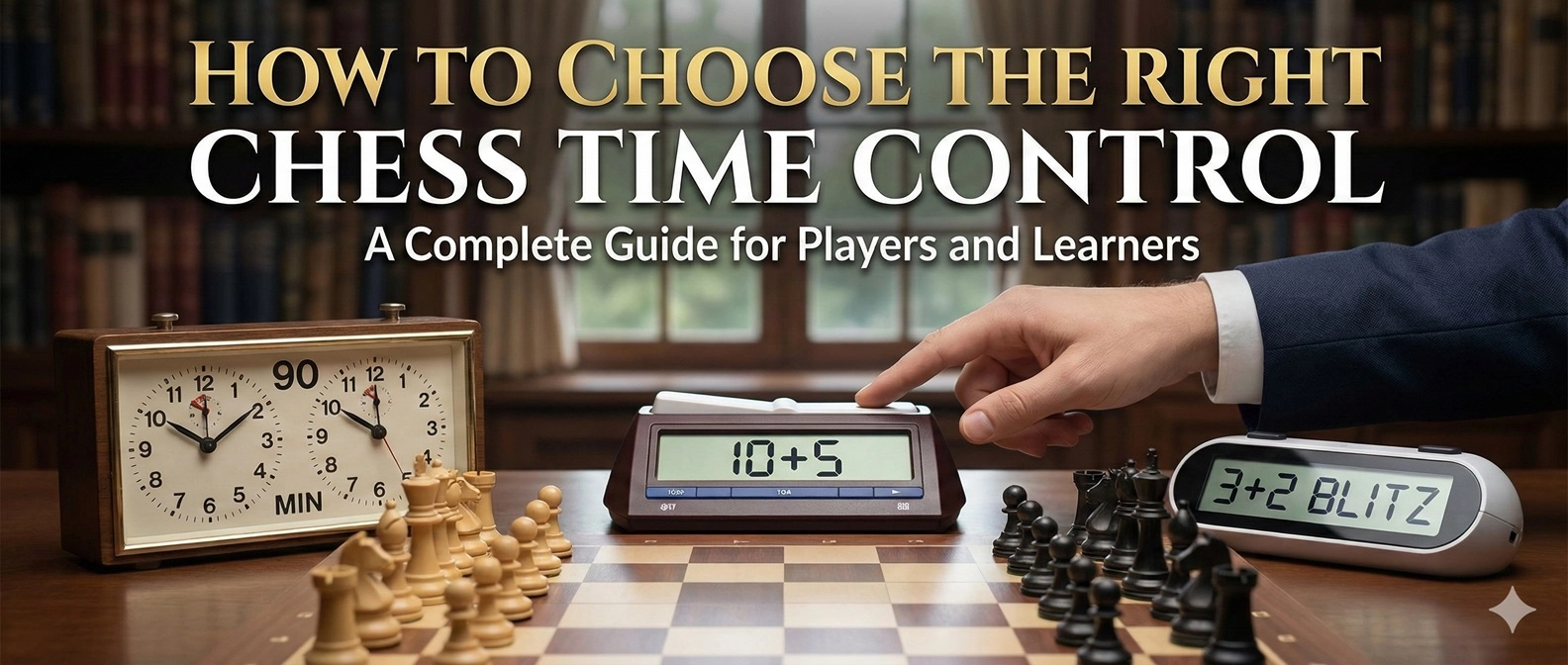
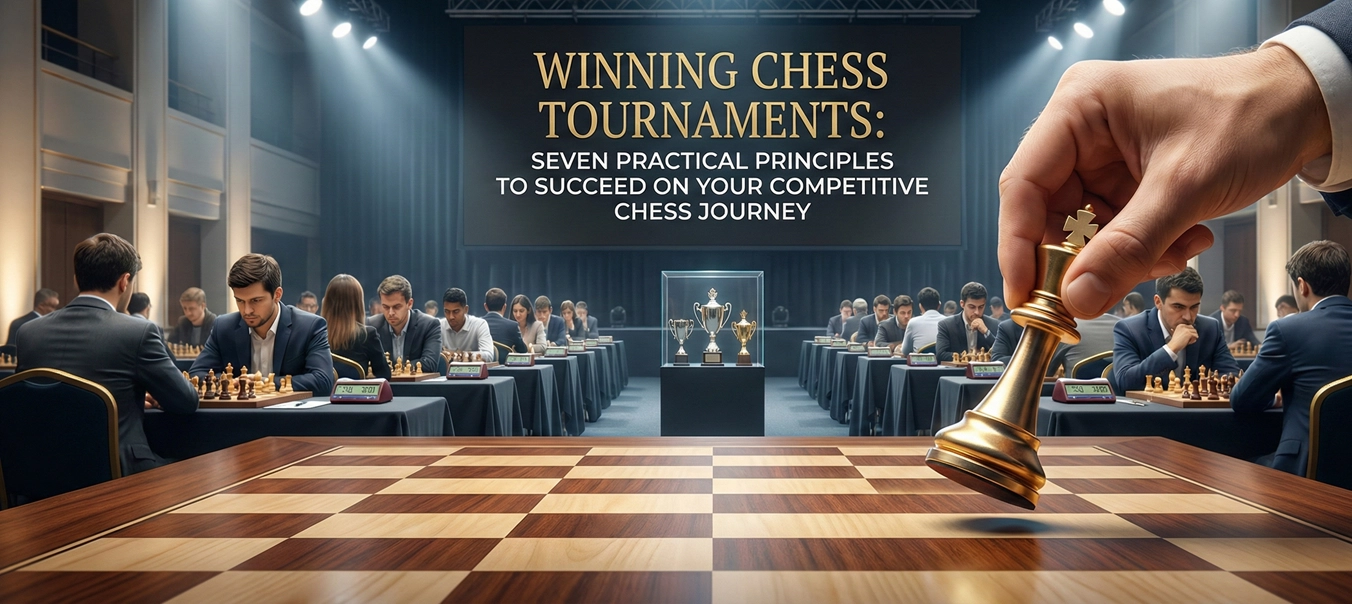
Comments